Lucius Cornelius Balbus: A Political and Military Strategist of Ancient Rome
Introduction
Lucius Cornelius Balbus, often referred to as Balbus the Elder, was a prominent figure in the late Roman Republic. Born in Gades (modern-day Cádiz, Spain) around the 1st century BCE, Balbus rose from his origins as a non-Roman to become one of the most influential and trusted allies of Julius Caesar and later, Augustus. His life is a testament to ambition, diplomacy, and political acumen, showcasing how individuals from the Roman provinces could ascend to the highest echelons of power.
Early Life and Background
Balbus was born into a wealthy and distinguished family in Gades, a thriving Phoenician colony that became an important Roman municipium. His family was of Phoenician or Punic origin, but they acquired Roman citizenship through their allegiance to Rome. The exact date of Balbus' birth remains uncertain, but historians place it around 100 BCE. From an early age, he demonstrated intelligence and a keen understanding of politics and trade, which would later serve him well in Rome.
Coming from a mercantile background, Balbus was well-versed in commerce and finance, skills that proved invaluable in his later dealings with the Roman elite. His connections in Hispania (modern Spain) positioned him as a bridge between the local elites and the expanding Roman administration, making him a key player in regional politics.
Association with Pompey and Caesar
Balbus first gained prominence as an associate of Pompey the Great during the latter’s campaigns in Hispania. Pompey recognized Balbus’ diplomatic and administrative talents, employing him as an advisor. However, it was Balbus’ alliance with Julius Caesar that truly elevated his status in Rome. After Caesar succeeded Pompey as governor of Hispania Ulterior in 61 BCE, Balbus shifted his allegiance, becoming Caesar’s close confidant and financial backer.
Balbus served as Caesar’s secretary (praefectus fabrum) and played a crucial role in managing the general’s correspondence, finances, and political alliances. His loyalty and efficiency earned him Caesar’s deep trust, and he became an integral part of Caesar’s inner circle. Notably, Balbus was instrumental in facilitating communications between Caesar and his allies in Rome while the former was away on military campaigns.
Legal and Political Milestones
One of the most significant events in Balbus’ career was his trial in 56 BCE, known as the "Pro Balbo" case. As a native of Gades, his Roman citizenship was challenged by his political opponents, who argued that a provincial should not enjoy the full rights of a Roman citizen. Cicero, the famed orator, defended Balbus in a speech that underscored the importance of loyalty and service to Rome, regardless of origin. Cicero’s defense secured Balbus’ acquittal, reinforcing his legal standing in the Republic.
This trial was not just a personal victory for Balbus but also a landmark case in Roman jurisprudence, setting a precedent for the expansion of citizenship beyond the Italian Peninsula. It highlighted the evolving nature of Roman identity, where merit and service could outweigh ethnic or geographic origins.
Role in the Civil Wars
When the civil war between Caesar and Pompey erupted in 49 BCE, Balbus staunchly supported Caesar. His financial resources and political connections proved vital in funding Caesar’s campaigns and securing support from key figures in Rome. After Caesar’s victory at Pharsalus in 48 BCE, Balbus continued to serve as an advisor, even playing a role in the negotiation of clemency for some of Pompey’s supporters.
Following Caesar’s assassination in 44 BCE, Balbus navigated the turbulent political landscape with skill. Initially supporting the Senate, he later aligned himself with Octavian (the future Augustus), recognizing the young leader’s potential to restore stability. This decision demonstrated Balbus’ political foresight, as Octavian would eventually emerge victorious in the power struggles that followed Caesar’s death.
Architectural and Cultural Contributions
Beyond politics, Balbus left a lasting legacy through his architectural projects. He funded the construction of the Theatre of Balbus in Rome, one of the city’s grandest entertainment venues. Completed in 13 BCE, the theatre was part of a broader urban renewal effort under Augustus, symbolizing the cultural sophistication of the empire.
The Theatre of Balbus could seat thousands and hosted various public spectacles, reinforcing the connection between political patronage and civic life. Its remains, located near the modern-day Largo di Torre Argentina, still stand as a testament to his influence and wealth.
Conclusion of Part One
Lucius Cornelius Balbus’ early life and career illustrate the dynamic nature of the late Roman Republic, where ambition and adaptability could propel individuals from provincial origins to the heart of imperial power. His contributions as a political strategist, financier, and patron of the arts underscore his multifaceted legacy. In the next part, we will delve deeper into Balbus’ later years, his administrative roles, and his enduring impact on Roman history.
Diplomatic Mastery and Relations with Augustus
As Octavian consolidated his power after the defeat of Antony and Cleopatra, Lucius Cornelius Balbus became an indispensable advisor in shaping the early foundations of the Roman Empire. His experience in diplomacy, acquired through years of navigating the treacherous political waters of the Republic, made him a key strategist in Augustus’ administration. Balbus' loyalty and pragmatic approach earned him the respect of the first Roman emperor, who entrusted him with delicate negotiations and provincial governance.
One of Balbus’ most notable roles in Augustus’ reign was his governorship of Africa (modern-day Tunisia and parts of Libya). Following the defeat of Lepidus, Augustus reorganized the province, appointing Balbus as proconsul in 21 BCE. His administration focused on stabilizing the region economically and militarily. Balbus’ background in trade and finance allowed him to optimize tax systems and encourage commerce, strengthening Africa’s contribution to the Roman economy. Additionally, he maintained order among local tribes, ensuring peace in a region that was historically prone to unrest.
Military Engagements and Expansion
Despite being primarily known as a statesman, Balbus also participated in significant military campaigns. During his governorship in Africa, he led a successful expedition against the Garamantes, a nomadic Berber tribe that frequently raided Roman territories. This campaign, recorded by the historian Strabo, resulted in the subjugation of the Garamantes and secured Rome’s southern frontiers. Balbus’ military success earned him the rare honor of a triumphal procession in Rome in 19 BCE—an extraordinary achievement for a non-Italian, let alone a provincial-born Roman citizen.
His triumph was not merely a personal victory but a symbolic affirmation of Rome’s imperial reach, highlighting the integration of provincial elites into the empire’s military and political fabric. Augustus, keen on reinforcing loyalty among Rome’s allies, used Balbus’ success as an exemplar of meritocracy in the new imperial order.
Economic Influence and Public Works
Balbus’ wealth, accumulated through commerce and political appointments, allowed him to influence Rome’s economy beyond Africa. He invested in infrastructure projects, including roads and aqueducts, which facilitated trade routes across the empire. His financial acumen also contributed to Augustus' fiscal reforms, ensuring efficient tax collection and treasury management.
One of his most enduring contributions was the development of Baetica (modern Andalusia, Spain), his homeland. Recognizing its strategic and economic potential, Balbus promoted agricultural advancements and mining operations in the region. Under his patronage, Baetica became a major exporter of olive oil, wine, and metals, enriching both local elites and the imperial treasury.
Cultural Patronage and Intellectual Legacy
Balbus' influence extended into cultural and intellectual spheres. A patron of the arts, he supported poets and historians who chronicled Rome’s expansion and Augustus’ reign. Some scholars suggest that he may have commissioned works glorifying his achievements, though no direct evidence survives. His theater, built in Rome, was not just an architectural marvel but a hub for cultural exchange, hosting performances that celebrated Roman and Hellenistic traditions alike.
Moreover, Balbus’ life story became an inspiration for discussions on Roman identity. Writers like Cicero and later historians cited his career as evidence that citizenship should not be constrained by birthright but earned through service to the state. This idea became foundational in Augustus’ broader policy of incorporating provincial elites into Rome’s ruling class.
Political Strategy and the Augustan Regime
As Augustus transformed the Republic into an empire, Balbus played a subtle yet pivotal role in shaping its administrative framework. His insights into provincial governance helped devise systems of indirect rule, where local leaders maintained authority under Roman oversight. This approach minimized resistance in newly conquered territories and ensured smoother integration into the imperial structure.
Balbus’ expertise in diplomacy also proved crucial in managing relations with client kingdoms. His negotiations with rulers in North Africa and the Levant reinforced Rome’s influence without necessitating costly military interventions. These efforts aligned with Augustus’ preference for stability over relentless expansion—a policy that defined the Pax Romana.
Later Years and Death
In his final years, Balbus gradually withdrew from active politics, though he remained a respected voice in Augustus’ advisory circle. His exact date of death is uncertain, but it is believed to have occurred around the early 1st century CE. Unlike many of his contemporaries, Balbus managed to retain Augustus’ trust until the end, avoiding the political purges that claimed other prominent figures.
Upon his death, he was honored with a public funeral, reflecting his high standing in Roman society. His name endured in the annals of history not only through his personal achievements but also through his descendants. The Cornelii Balbi family continued to hold prominent positions in the empire, preserving his legacy for generations.
Conclusion of Part Two
Lucius Cornelius Balbus’ later career exemplifies the zenith of provincial influence in the early Roman Empire. From securing military triumphs to shaping economic policies, his impact resonated across multiple frontiers. His life serves as a case study in adaptability, demonstrating how individuals could rise above their origins to shape the destiny of Rome. In the final part of this series, we will examine his lasting influence, historical representations, and the broader implications of his legacy on Roman imperial governance.
Legacy and Historical Interpretations
Lucius Cornelius Balbus' legacy is a complex tapestry of political ingenuity, cultural patronage, and military achievement. Unlike many Roman figures whose reputations were cemented through conquest alone, Balbus' influence was more nuanced—shaped by diplomacy, administrative reforms, and calculated loyalty. Modern historians debate the extent of his impact, but few dispute that he played a key role in validating the integration of provincial elites into Rome’s power structures.
Ancient sources, including Cicero, Strabo, and Cassius Dio, depict Balbus as a model of loyalty and pragmatism. Cicero’s *Pro Balbo* not only defended his citizenship but elevated him as a symbol of Rome’s expanding identity—a man whose service transcended his foreign birth. Later historians under Augustus’ regime subtly reinforced this narrative to justify meritocratic governance, positioning Balbus as proof that talent, not just lineage, deserved imperial rewards.
However, critics argue that Balbus’ success was partly due to his willingness to align with the dominant political force of the moment—first Pompey, then Caesar, and finally Augustus. This adaptability, while savvy, raises questions about ideological consistency. Yet his ability to navigate Rome’s deadly political landscape without suffering exile or execution (unlike Cicero or Cato) speaks to a remarkable strategic acumen that bordered on prescience.
The Cornelii Balbi Family and Posthumous Influence
Balbus’ descendants, collectively known as the Cornelii Balbi, maintained prominence in imperial Rome for generations. His nephew, Lucius Cornelius Balbus the Younger, followed in his footsteps, serving as a general and consul under Augustus. The younger Balbus led campaigns in North Africa and Arabia, further solidifying the family’s reputation as reliable military leaders. The dynasty’s endurance underscores how thoroughly the Balbi had assimilated into Rome’s elite, erasing any lingering stigma of their provincial roots.
The family’s wealth and connections also fueled architectural projects beyond the Theatre of Balbus. Inscriptions and archaeological findings in Gades suggest that the Balbi funded temples and public infrastructure in Hispania, reinforcing their patronage of both Roman and local identities. This dual loyalty became a hallmark of provincial nobility under the empire, balancing Romanization with regional pride.
Balbus in Literature and Popular Memory
Though not as dramatized as figures like Caesar or Cicero, Balbus appears in scattered references across classical texts, often as a symbol of upward mobility. Seneca the Younger, in a letter criticizing excessive ambition, briefly mentions Balbus as someone who “climbed too swiftly”—a rare critique of his meteoric rise. Conversely, later Roman educators used his career to illustrate the virtues of loyalty and civic duty.
In modern historiography, Balbus is frequently cited in discussions about Romanization and identity politics. Scholars like Ronald Syme highlighted his role in Augustus’ regime as evidence of the emperor’s pragmatic co-option of provincial talent. Meanwhile, postcolonial historians examine Balbus’ background to explore how marginalized elites navigated and exploited imperial systems.
The Theatre of Balbus: A Monument to Power
The Theatre of Balbus, completed in 13 BCE, remains his most tangible legacy. Located in Rome’s Campus Martius, it was the smallest of the city’s three major theaters but no less grand in design. Its ruins, rediscovered in the 20th century, reveal innovative architectural features, including advanced acoustics and tiered seating that accommodated up to 7,700 spectators. The theatre hosted everything from plays to political assemblies, symbolizing the interplay between culture and power in Augustan Rome.
Archaeological studies suggest the theatre’s decor celebrated Rome’s conquests—a subtle nod to Balbus’ own military triumphs. Its construction also exemplified Augustus’ urban renewal agenda, which transformed Rome from a city of brick to marble. By embedding his name in the capital’s skyline, Balbus ensured his association with Rome’s cultural zenith long after his death.
The Paradox of Provincial Identity
Balbus’ career encapsulates a central paradox of the early Empire: the tension between assimilation and distinctiveness. Though he obtained Roman citizenship and wielded imperial power, contemporary accounts occasionally referenced his Hispanic origins—sometimes admiringly, sometimes with veiled disdain. His success did not erase his “otherness” entirely, but it demonstrated that such differences could be harnessed as strengths rather than liabilities.
This duality resonated across the empire. In provinces like Gaul and Hispania, local elites emulated Balbus’ strategy, adopting Roman customs while retaining regional influence. His trajectory became a blueprint for how to thrive under imperial rule without erasing one’s heritage—a delicate balance that defined Rome’s multicultural empire.
Final Assessment: Architect of the Imperial Order
Balbus’ life cannot be disentangled from Rome’s transition from Republic to Empire. His financial support helped fund Caesar’s rise, his governance stabilized critical provinces, and his cultural projects enriched the empire’s ideological fabric. While not a revolutionary like Caesar or a philosopher like Cicero, Balbus excelled as an operator—someone who understood systems and manipulated them to mutual advantage.
Augustus’ reliance on figures like Balbus signaled a shift from aristocratic privilege to merit-based appointments, however imperfectly applied. In this sense, Balbus was both a product of his time and a harbinger of Rome’s future—an empire increasingly dependent on the loyalty and talents of its diverse subjects.
Conclusion
Lucius Cornelius Balbus’ story is one of exceptional ascent: a provincial outsider who became a pillar of the Roman establishment. His contributions—military, economic, and cultural—helped shape an empire at its most formative stage. More than a historical footnote, his career offers insights into the mechanics of power, the fluidity of identity, and the uncelebrated figures who sustain great civilizations. Rome’s grandeur was not built by emperors alone, but by men like Balbus—the shrewd, the adaptable, and the indispensable.
Today, as scholars continue to reassess the narratives of antiquity, Balbus emerges not merely as a beneficiary of Rome’s expansion but as an active architect of its enduring legacy. His theater still stands, his strategies still resonate, and his name endures as a testament to what could be achieved at the intersection of ambition and empire.

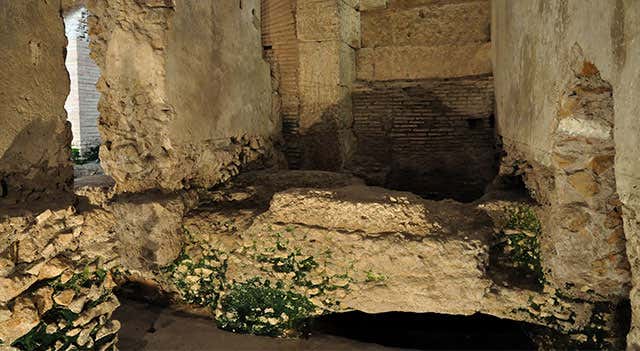


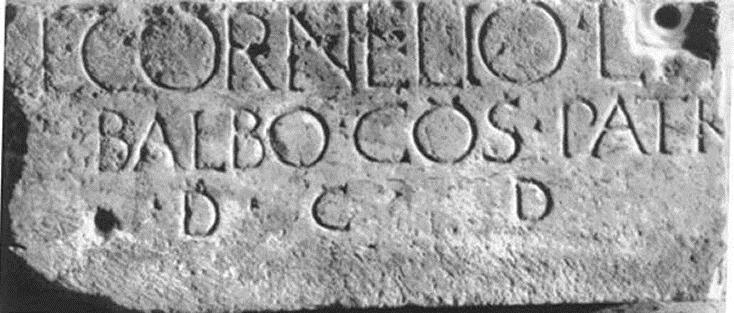

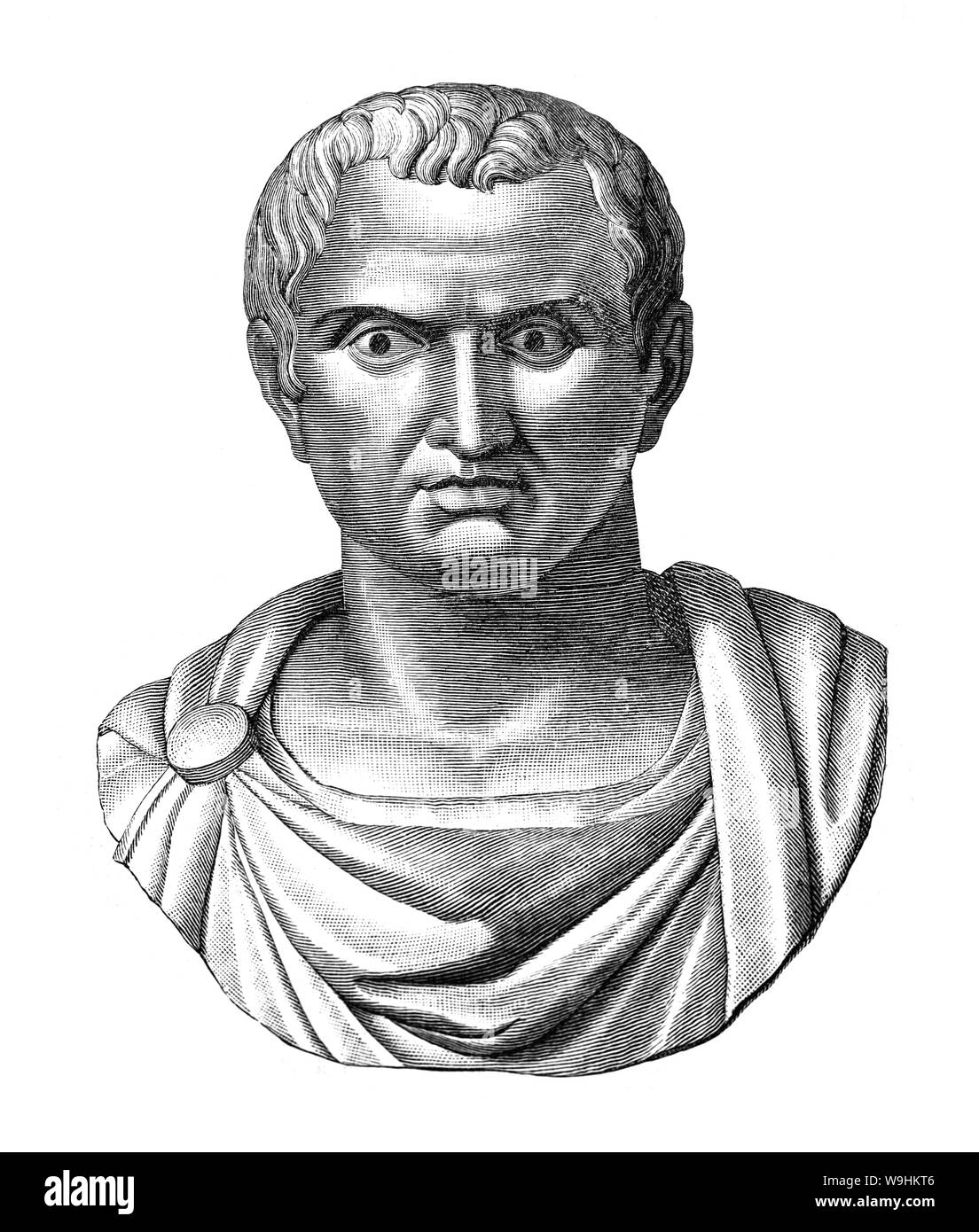
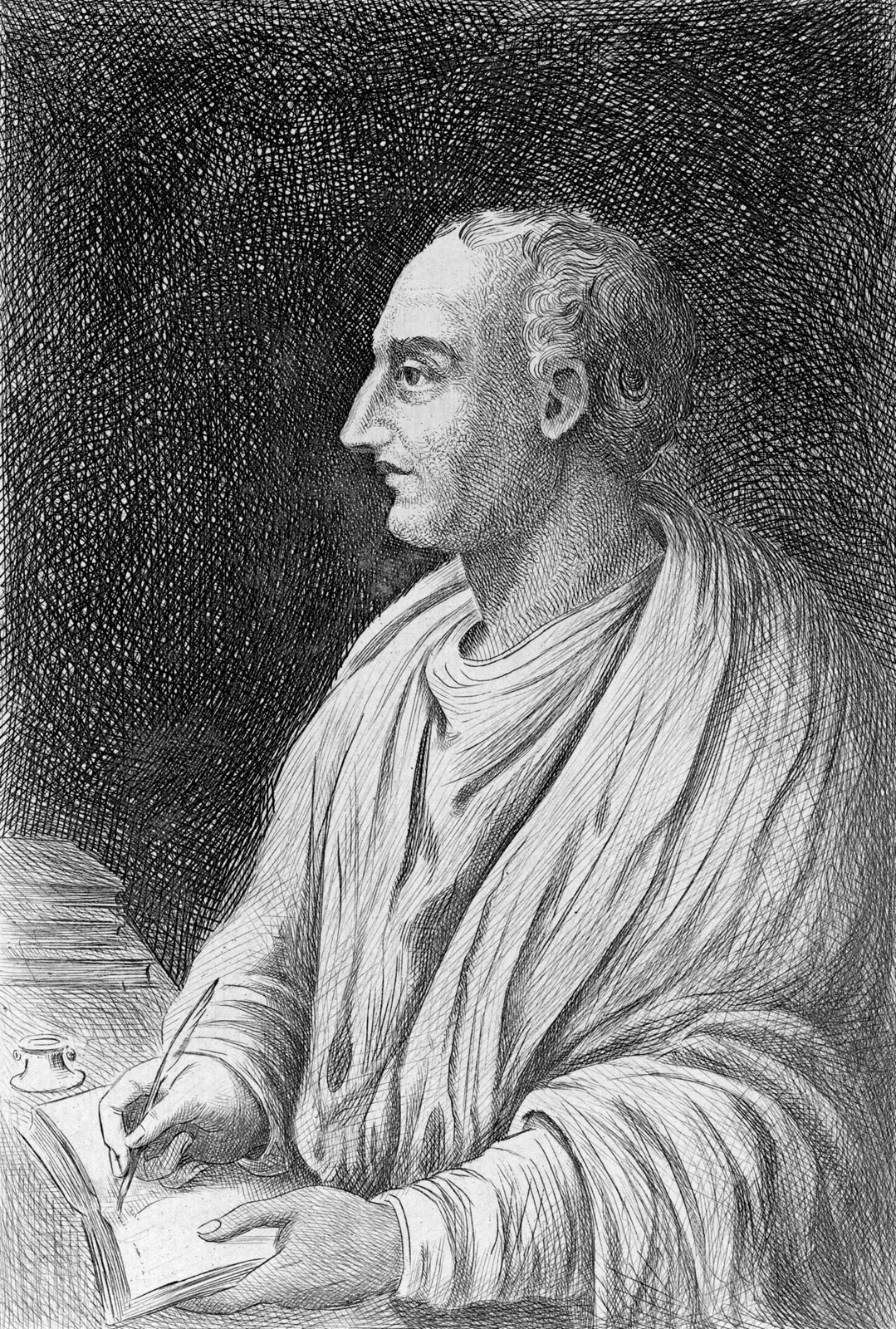


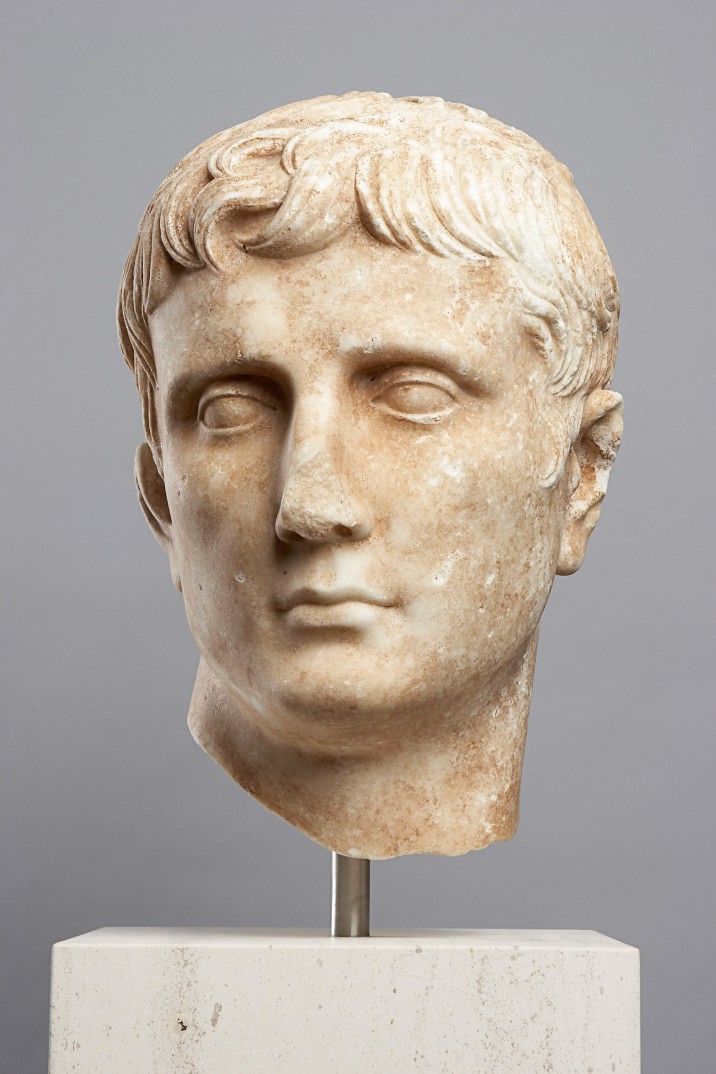


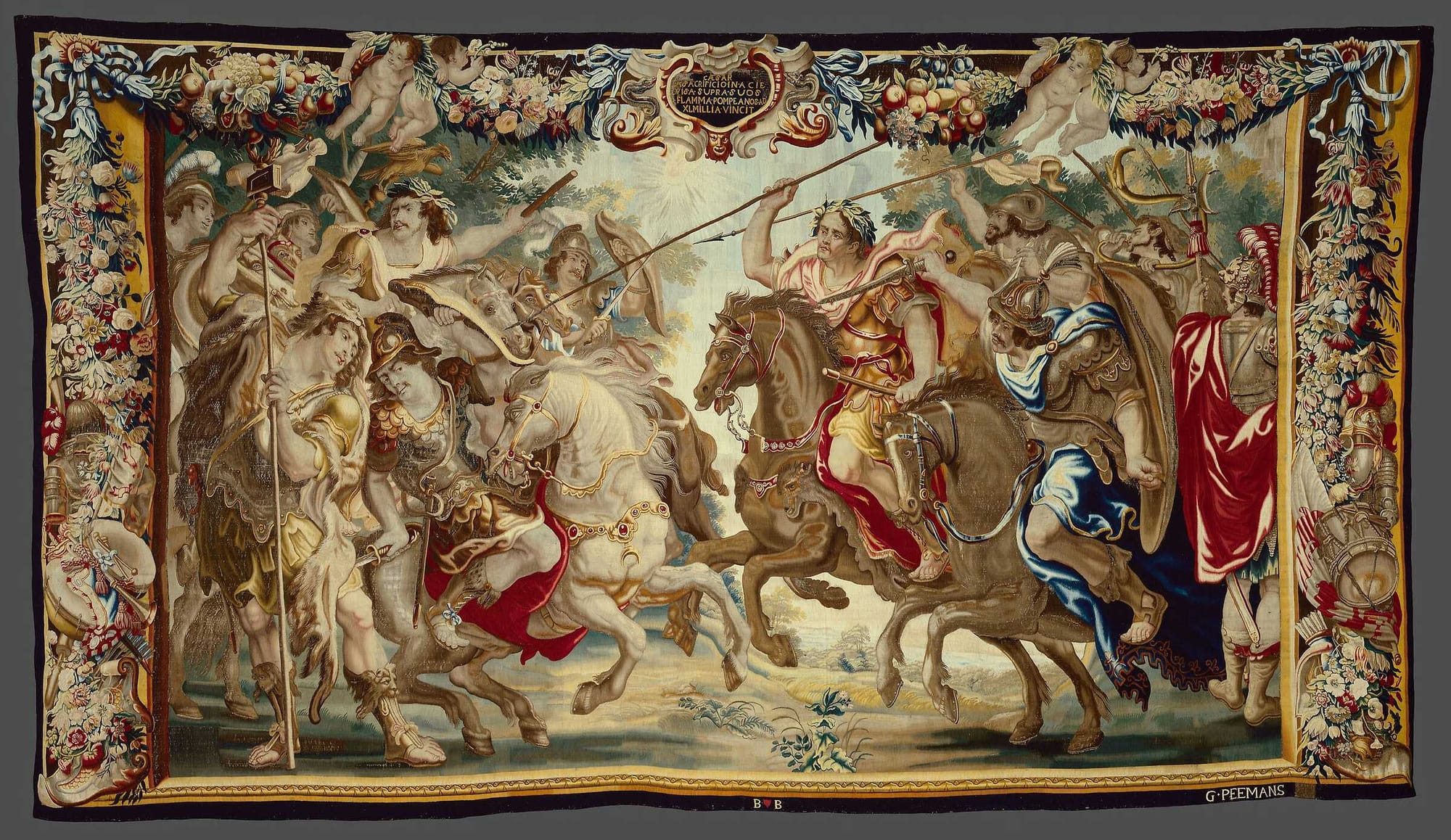

Comments